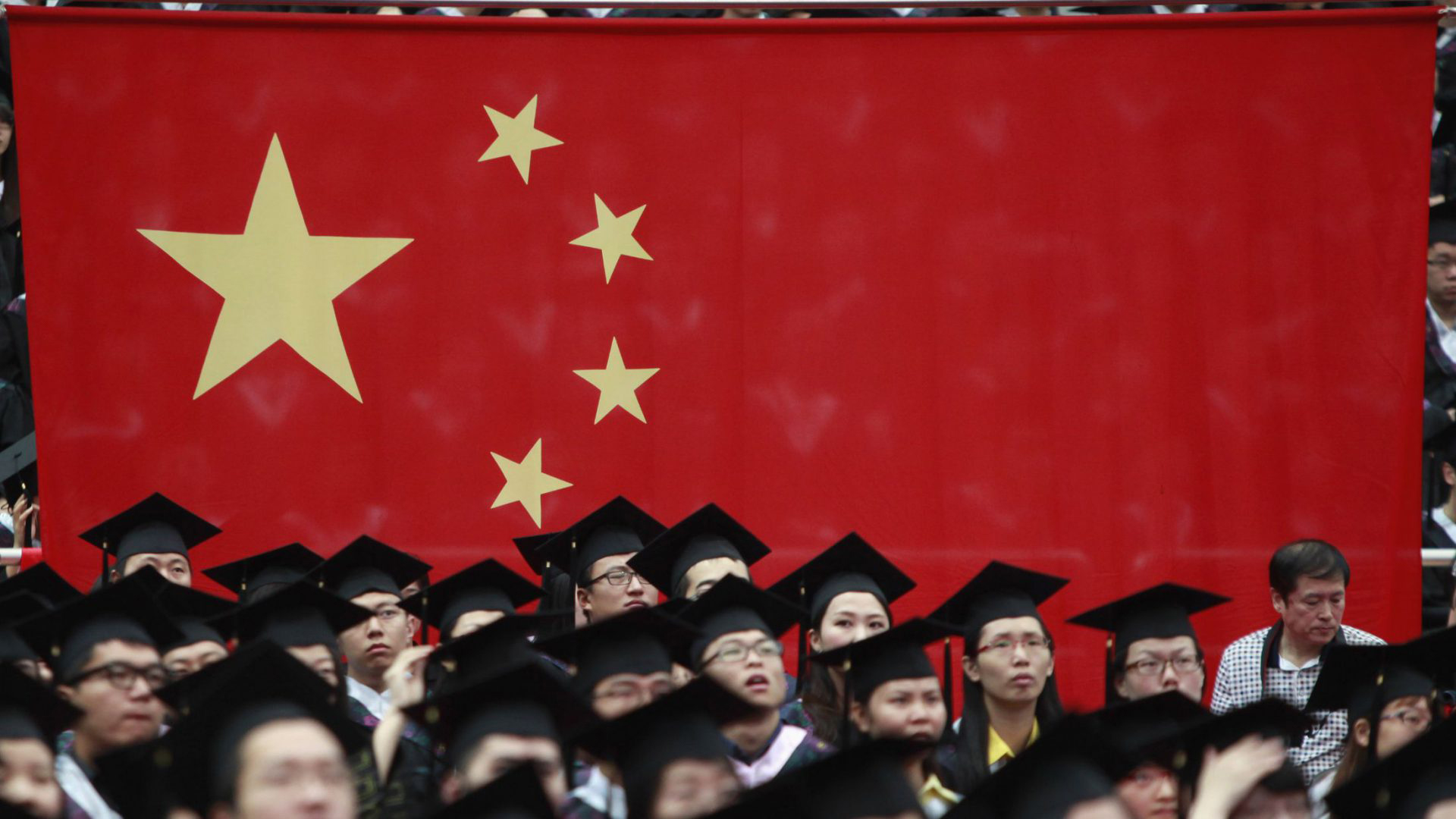Now that the world is opening up again, the government finds itself under pressure to follow suit, at least in a limited way. Kiwis are now allowed to travel overseas, with the clear understanding that they will face 14 days quarantine on their return (which presumably will not be funded by the taxpayer). This will no doubt discourage the majority of potential travellers, and the prime minister is actively discouraging overseas travel anyway. With COVID-19 still ravaging the world, with the USA still under siege with it, huge numbers of cases in India and grossly understated numbers coming out of China, there is, as they say, no place like home.
The consequence of this, of course, is the devastating effect on our tourist industry but other industries are affected too. One in particular is the lucrative business of education for overseas students.
This is a huge moneyspinner for both the country and for our universities, as foreign students pay higher fees than domestic students, and the industry is said to be worth more than $5 billion a year – a not inconsequential sum of overseas income.
But in spite of pressure from both the universities and also from Todd Muller, the government has maintained its position of keeping foreign students out, at least for now. Here are some of the reasons why I, for once, agree with the government over this.
Foreign students may be worth a lot of money to the country as a whole, but I am not sure that they are worth anything to the reputation of our universities. Over the years, I have dealt with many graduates from overseas who have studied here but can barely speak English. They have mostly proved fairly useless as accountants beyond a very basic level, and it has caused me to wonder on many occasions how such students could possibly have done enough to graduate with an accounting degree. In this experience, I am not alone.
I cannot see how this can possibly enhance the reputation of our universities, except perhaps among foreign students themselves, but there is an argument that these graduates debase the value of all university degrees, if they can be awarded so easily.
I understand how disruptive things must be at the moment for students part way through their studies, but I wonder if this might not be a good time to review the entire system of overseas students studying here.
The universities seem mainly concerned over the lack of fees created by the current situation. Of this, quite frankly, they should be ashamed. Whether you agree with the way the government enforced the lockdown or not, we are now at the point where we are basically COVID free, and to risk the health of its students and the wider community for the sake of a few hundred thousand dollars is irresponsible in the extreme. That is, however, the way that the universities seem to work these days. Instead of continually striving for a greater level of academic excellence, nowadays they appear to worship solely at the feet of the almighty dollar.
With new reports of another flu virus coming out of China, which has the potential to cause another pandemic, the universities should not be in such a hurry to bring back overseas students, many of whom will come from the PRC.
The universities insist that they can manage students in enforced quarantine by using their halls of residence as isolation hotels. They are either being extremely naive or somewhat disingenuous. Some foreign students are known for cheating at exams; even going so far as to get someone else to sit their papers for them. Do they really think that such tricksters will not find a way around quarantine? Now that we know how poorly the rules were being applied in quarantine hotels at the border before the army took over, do they really expect us to believe that students will sit entirely alone in tiny rooms for 14 days on end without ever setting foot outside? What about shared bathroom facilities? Laundry facilities? It is a big stretch to expect us to believe that young people will sit quietly in quarantine and do as they are told because they are facing the threat of expulsion. Some of them are quite happy to cheat at exams with the same threats hanging over their heads.
The foreign students industry has become a blot on our education system, as universities and other higher education institutions pursue the mighty dollar before the enforcement of strict academic standards. The fact that the government is unlikely to allow students back into the country until early next year is an opportunity to revisit the entire structure of educating foreigners to our own standards, but it is an opportunity, I fear, that will pass us by. The whole charade is just too lucrative for the universities to turn down. That is a shame, but it is the universities themselves that will suffer damage to their reputation in the end. Let it not be said that they were not warned.
If you enjoyed this BFD article please consider sharing it with your friends.

